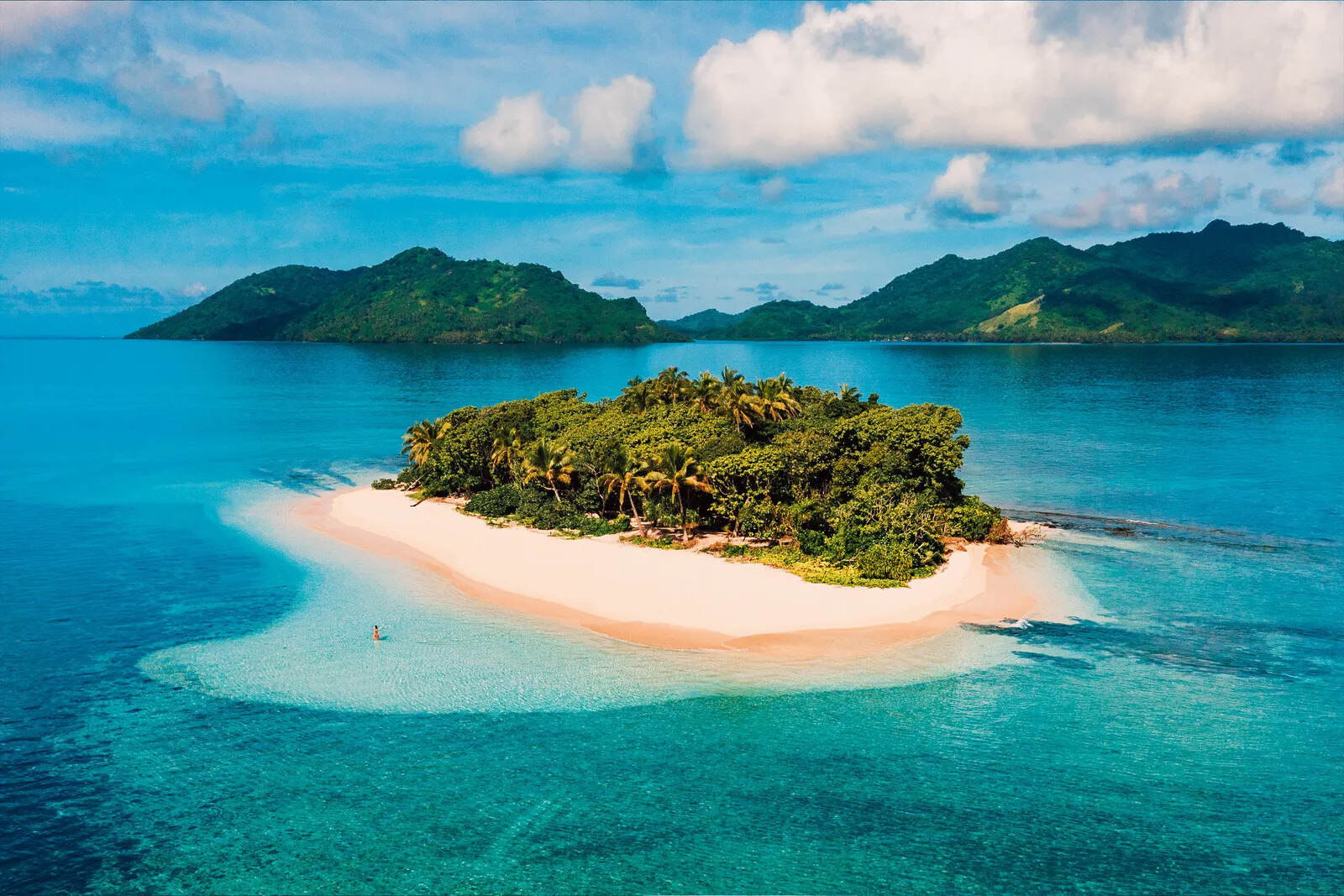
Fiji is a tropical paradise known for its stunning beaches, vibrant culture, and friendly locals. But there's more to this island nation than meets the eye. Did you know that Fiji consists of over 330 islands, with only about 110 of them inhabited? This archipelago offers a rich tapestry of history, traditions, and natural wonders. From its unique fire-walking ceremonies to its role in World War II, Fiji holds countless intriguing stories. Whether you're a travel enthusiast, a history buff, or just curious about this Pacific gem, these 20 facts about Fiji will give you a deeper appreciation for this enchanting destination. Ready to dive in? Let's uncover the secrets of Fiji together!
Key Takeaways:
- Fiji is an archipelago with over 330 islands, but only 110 are inhabited. The largest islands, Viti Levu and Vanua Levu, make up most of the land area, and Mount Tomanivi is the highest point.
- With a population of around 900,000, Fiji's culture is rich and diverse, with traditional ceremonies involving kava. The country's economy heavily relies on tourism, sugarcane, and the production of Fiji Water.
The Geography of Fiji
Fiji, an archipelago in the South Pacific, is known for its stunning landscapes and vibrant culture. Here are some fascinating geographical facts about this island nation.
- Fiji consists of over 330 islands, but only about 110 are permanently inhabited.
- The two largest islands, Viti Levu and Vanua Levu, make up 87% of Fiji's total land area.
- Fiji's highest point is Mount Tomanivi, standing at 1,324 meters (4,344 feet) on Viti Levu.
- The Great Astrolabe Reef, one of the largest barrier reefs in the world, surrounds the island of Kadavu.
The People and Culture of Fiji
Fijians are known for their warm hospitality and rich cultural heritage. Let's dive into some intriguing facts about the people and their traditions.
- Fiji has a population of around 900,000 people, with indigenous Fijians making up more than half.
- The official languages are English, Fijian, and Hindi, reflecting the country's diverse population.
- Traditional Fijian ceremonies often involve the drinking of kava, a beverage made from the root of the yaqona plant.
- Rugby is the most popular sport in Fiji, and the national team is renowned for its prowess in rugby sevens.
Fiji's Unique Wildlife
Fiji's isolated location has led to the development of unique flora and fauna. Here are some interesting facts about the wildlife found in Fiji.
- Fiji is home to the Fiji banded iguana, an endangered species found only on certain islands.
- The archipelago boasts over 160 species of orchids, many of which are endemic to Fiji.
- The Fiji petrel, a rare seabird, was thought to be extinct until it was rediscovered in 1983.
- The waters around Fiji are teeming with marine life, including over 1,200 species of fish and several species of sea turtles.
Fiji's History and Heritage
Fiji's history is rich and complex, shaped by various influences over the centuries. Here are some historical facts that highlight Fiji's heritage.
- The first settlers arrived in Fiji around 3,500 years ago, believed to be from Southeast Asia.
- Fiji was a British colony from 1874 until it gained independence in 1970.
- The capital city, Suva, is located on the southeast coast of Viti Levu and is the largest city in Fiji.
- The traditional Fijian social structure is based on a system of chiefs, with each village having its own chief.
Fiji's Economy and Tourism
Tourism plays a significant role in Fiji's economy, but there are other important sectors as well. Here are some facts about Fiji's economy and its tourism industry.
- Tourism accounts for about 40% of Fiji's GDP, with visitors flocking to the islands for their beautiful beaches and resorts.
- Sugarcane is one of Fiji's main agricultural products, and the sugar industry is a major employer.
- Fiji Water, a popular brand of bottled water, is sourced and bottled in the Yaqara Valley on Viti Levu.
- Handicrafts, such as woven mats and carved wooden items, are important cultural products and popular souvenirs for tourists.
Fiji's Fascinating Facts
Fiji's got a lot more than just beautiful beaches. It's a place where 333 islands come together, each with its own story. The Fijian culture is rich with traditions like the kava ceremony and the meke dance. English, Fijian, and Hindi are all spoken here, showing the country's diverse roots. The Great Astrolabe Reef is a diver's dream, full of colorful marine life. Rugby is more than a sport; it's a passion. With a history that includes cannibalism and British colonization, Fiji's past is as intriguing as its present. The Bula spirit makes everyone feel welcome. Whether you're into adventure sports or just want to relax, Fiji's got something for you. So next time you think of paradise, remember Fiji's got the beauty and the brains.
Frequently Asked Questions
Was this page helpful?
Our commitment to delivering trustworthy and engaging content is at the heart of what we do. Each fact on our site is contributed by real users like you, bringing a wealth of diverse insights and information. To ensure the highest standards of accuracy and reliability, our dedicated editors meticulously review each submission. This process guarantees that the facts we share are not only fascinating but also credible. Trust in our commitment to quality and authenticity as you explore and learn with us.


